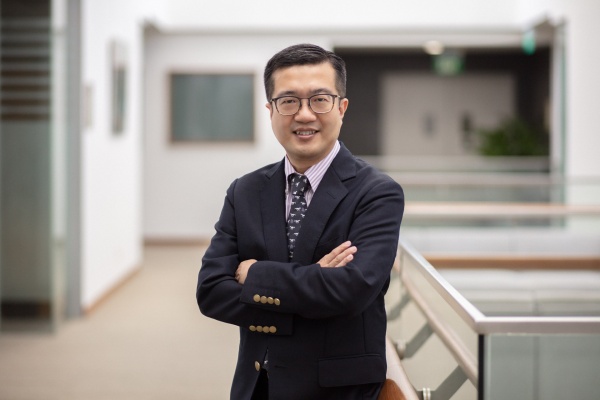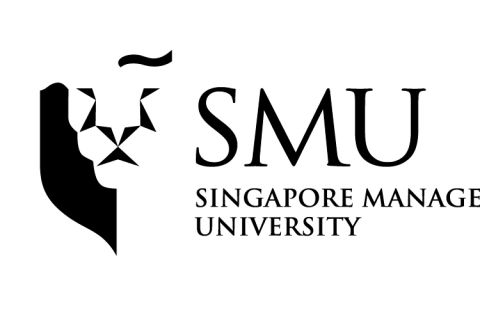
By Stuart Pallister
SMU Office of Research & Tech Transfer – Many business schools and universities these days encourage their students to conduct consulting projects with local firms to provide real-life experience of analysing business problems and recommending feasible solutions.
The potential gains for students in terms of acquiring knowledge and experience are clear. For companies, the consulting process is usually free of charge although executives do have to commit to spending time and engaging with the students, and they may have to share commercially-sensitive data.
However, according to a study by four researchers from Singapore Management University’s School of Accountancy, two key elements may have been overlooked previously: cross-cultural competency and digital literacy.
‘An important learning experience’
In the study, SMU researchers Clarence Goh, Yuanto Kusnadi, Gary Pan and Poh Sun Seow suggest that a student consulting project with an overseas client is an ‘important learning experience through which students can strengthen their digital literacy as well as cross-cultural competency to make them more future-ready for their work.’
Associate Professor of Accounting (Education) Yuanto Kusnadi told the Office of Research and Tech Transfer that the School of Accountancy has a programme called Study Missions in which students visit overseas companies and “interact with the business leaders to learn about the business environment and culture in other countries.”
“That’s how the basic premise of the study came about. As far as we know, no one has done any research on understanding cultural intelligence as well as technological advances, so we thought it would be a good idea to see how our students can contribute towards increasing the technological capabilities of the companies. At the same time, they’re also able to absorb cultural information from their exchanges with the business leaders and others they meet when they go overseas.”
The study, titled ‘Enhancing Cultural Intelligence and Digital Literacy in Accounting Education: Insights from a University’s Global Student Consulting Programme’ has been published in the International Journal of Education (IJE) Vol 9, no. 2, June 2021.
In it, the authors cite a McKinsey survey which suggests that the Covid-19 pandemic has accelerated the digital transformation efforts of companies and, as such, ‘there is a pressing need for business executives to adopt a global mindset and enhance their level of digital literacy, as cultural intelligence and digital capability are critical components of a new online business model.’
As for the accountancy sector specifically, the SMU study states its rapid transformation requires ‘an urgent injection of digital knowledge and cultural intelligence … that would allow students to navigate a future workplace where use of technology and dealing with global clientele are the norm.’
On the need to be able to adapt to different cultures
We often hear about the importance of emotional intelligence within organisations but rarely about cultural intelligence. For Professor Kusnadi, this is the ability of an individual to understand the differences between their own culture and that of another country. “Being able to understand is one thing,” he said, “but being able to adapt to different cultural settings is another. So, it’s about understanding and becoming adaptable, should they be exposed to working with someone from an overseas country.”
The research focuses on the impact of a study trip to Laos where a prominent conglomerate was the project sponsor, as well as a ‘virtual’ study trip to Indonesia involving one of the country’s oldest banks. (This particular initiative had to be conducted mainly by teleconferencing as the students were unable to travel to Jakarta due to the Covid outbreak.)
The main findings
“There were two main findings,” Professor Kusnadi said. “The first is that with such an experiential, project-based learning opportunity especially involving overseas clients, students can actually understand the differences in terms of cross-cultural nuances, which will make them more prepared for the real world because, after they graduate, they may be sent overseas by their companies.”
“The second finding is related to digital literacy. By being involved in companies’ digital transformation initiatives, students have to learn about digital technologies (such as artificial intelligence and big data) and the implications for potential customers.”
The paper concludes ‘it is clear university education plays an important role in equipping and nurturing digital literacy and cultural intelligence within students.’
‘A unique collaboration’
Indeed, the research has now been extended to involve students from one of Indonesia’s top universities, Universitas Indonesia. “So, by working together in student projects, this adds another layer of cultural intelligence,” Professor Kusnadi said. “The feedback from both groups of students has been very positive. Having someone from the country with local knowledge will also help add to the group dynamics, so they add to each other’s learning experience.”
That is one of the reasons why, Professor Kusnadi added, the research has been nominated in the QS Reimagine Education Awards, “because it’s quite a unique collaboration in itself, and more so because the Indonesian students were all engaging with their counterparts in Singapore via Zoom without any physical interaction.”
You can read more about the students’ experiences in a SMU blog.
Back to Research@SMU August 2022 Issue
See More News
Want to see more of SMU Research?
Sign up for Research@SMU e-newslettter to know more about our research and research-related events!
If you would like to remove yourself from all our mailing list, please visit https://eservices.smu.edu.sg/internet/DNC/Default.aspx

